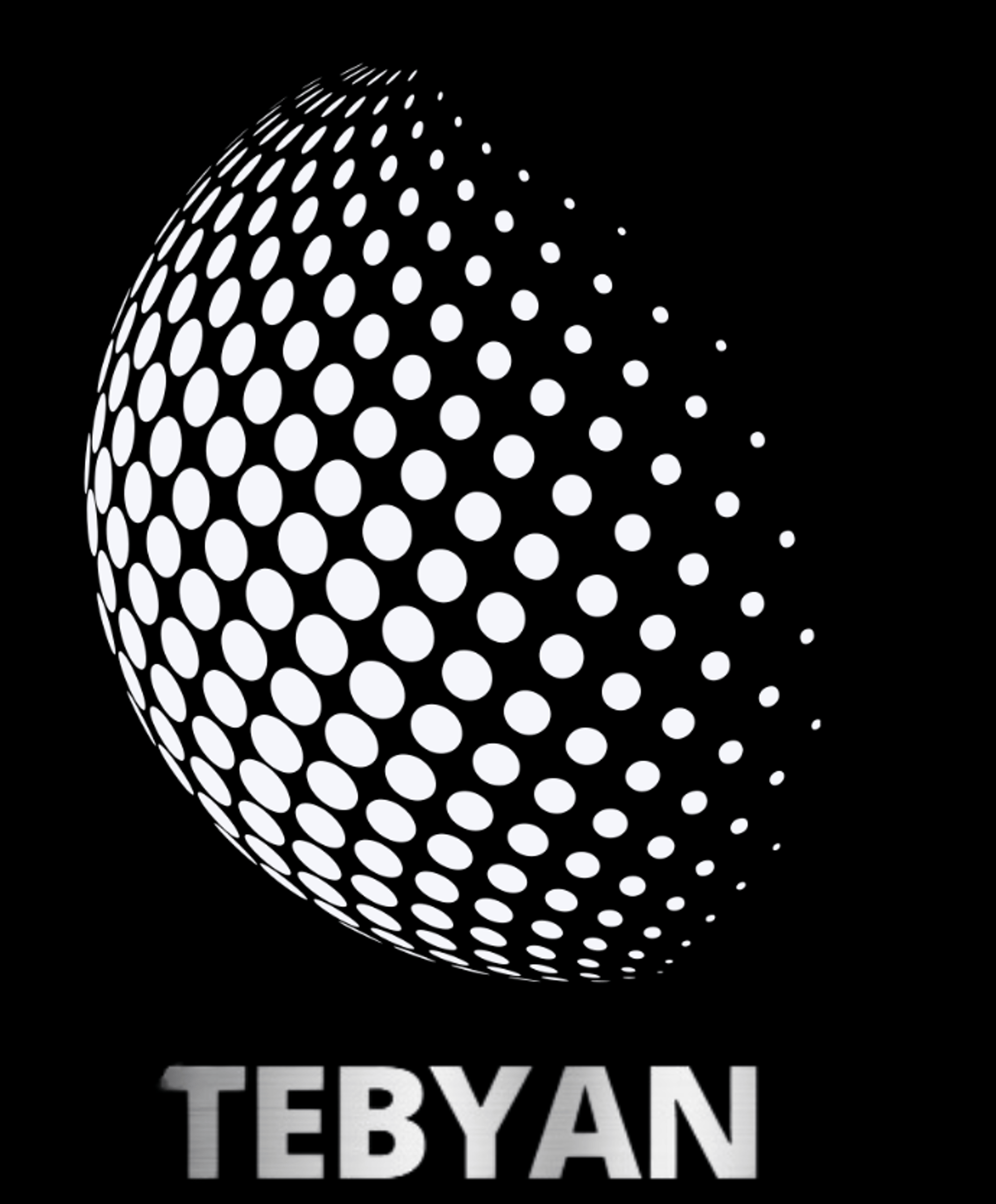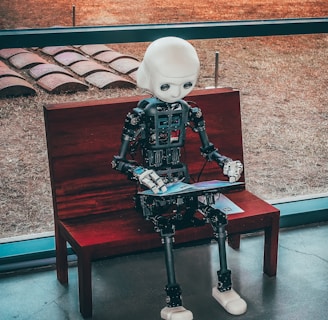The Future of Work: How AI and Automation Are Reshaping Workforce Strategies
1/15/2025



The rapid advancement of artificial intelligence (AI) and automation is fundamentally transforming the modern workforce. As businesses increasingly integrate these technologies into their operations, the way we work, hire, and strategize is evolving at an unprecedented pace. To remain competitive and resilient in this changing landscape, organizations must proactively adapt their workforce strategies. In this blog, we explore how AI and automation are reshaping the future of work and how businesses can navigate this transformation successfully.
1. The Impact of AI and Automation on the Workforce
a. Job Evolution Rather Than Job Elimination
While many fear that AI and automation will replace jobs, the reality is that these technologies are more likely to augment human roles rather than completely eliminate them. Routine, repetitive tasks are being automated, allowing employees to focus on higher-value work such as problem-solving, creativity, and strategic decision-making.
b. Rise of New Job Roles and Skillsets
With AI-driven transformation, new job roles are emerging that require technical proficiency, data literacy, and AI fluency. Roles such as AI specialists, data analysts, automation engineers, and cybersecurity experts are in high demand.
c. Enhanced Workplace Productivity and Efficiency
Automation tools and AI-driven insights are helping businesses optimize workflows, reduce errors, and improve efficiency. Tasks that once took hours can now be completed in minutes with AI-powered solutions, freeing up valuable time for innovation and strategic growth.
2. Key Workforce Strategies for Businesses in the AI Era
a. Upskilling and Reskilling Employees
To stay ahead, businesses must invest in training programs that equip employees with AI, data analytics, and digital literacy skills. Encouraging lifelong learning will ensure that teams remain adaptable in an AI-driven workplace.
b. Embracing a Hybrid Workforce Model
AI and automation allow businesses to adopt hybrid work models that combine human expertise with AI efficiency. This includes using AI-driven assistants, virtual collaboration tools, and smart scheduling systems to enhance productivity.
c. Leveraging AI for Smarter Hiring and Talent Management
Recruitment processes are becoming increasingly AI-driven, with AI-powered tools assessing resumes, conducting preliminary interviews, and analyzing candidate data to make informed hiring decisions. Companies that integrate AI into their hiring processes can improve accuracy and efficiency in talent acquisition.
d. Fostering a Culture of Innovation
Organizations must cultivate a mindset of continuous innovation where employees are encouraged to experiment with AI-powered tools and automation technologies. A culture that embraces change will be more agile in adapting to future disruptions.
3. Challenges and Ethical Considerations in AI-Driven Workplaces
a. Addressing Job Displacement Concerns
Businesses must balance automation adoption with employee transition strategies, ensuring that displaced workers are reskilled and provided with new opportunities within the organization.
b. Ensuring Fair AI Implementation
AI must be used responsibly to avoid biases in hiring, performance evaluations, and decision-making. Ethical AI implementation involves transparency, fairness, and accountability.
c. Managing Data Privacy and Security
With AI-driven workforce strategies, businesses handle more employee data than ever before. Implementing robust data privacy policies and cybersecurity measures is essential to maintain trust and compliance.
4. The Future Outlook: What Businesses Can Expect
a. Increased Collaboration Between Humans and AI
Rather than replacing employees, AI will become a trusted assistant, handling routine tasks while humans focus on strategic decision-making and complex problem-solving.
b. Hyper-Personalized Work Experiences
AI-powered tools will tailor work environments, providing personalized learning paths, adaptive workflows, and intelligent automation to suit individual employee needs.
c. AI-Driven Leadership and Decision-Making
Leaders will increasingly rely on AI-powered insights to make data-driven business decisions, optimize workforce planning, and predict market trends with greater accuracy.
Final Thoughts: How Tebyan Consulting Can Help
At Tebyan Consulting, we specialize in guiding businesses through the transformation of AI-driven workforce strategies. Whether you’re looking to integrate AI into your hiring process, upskill your workforce, or develop a future-proof digital transformation strategy, we are here to help.
The future of work is already here—how prepared is your business to embrace it?
Contact Tebyan Consulting today to future-proof your workforce strategy!
contact@tebyan-consulting.com
